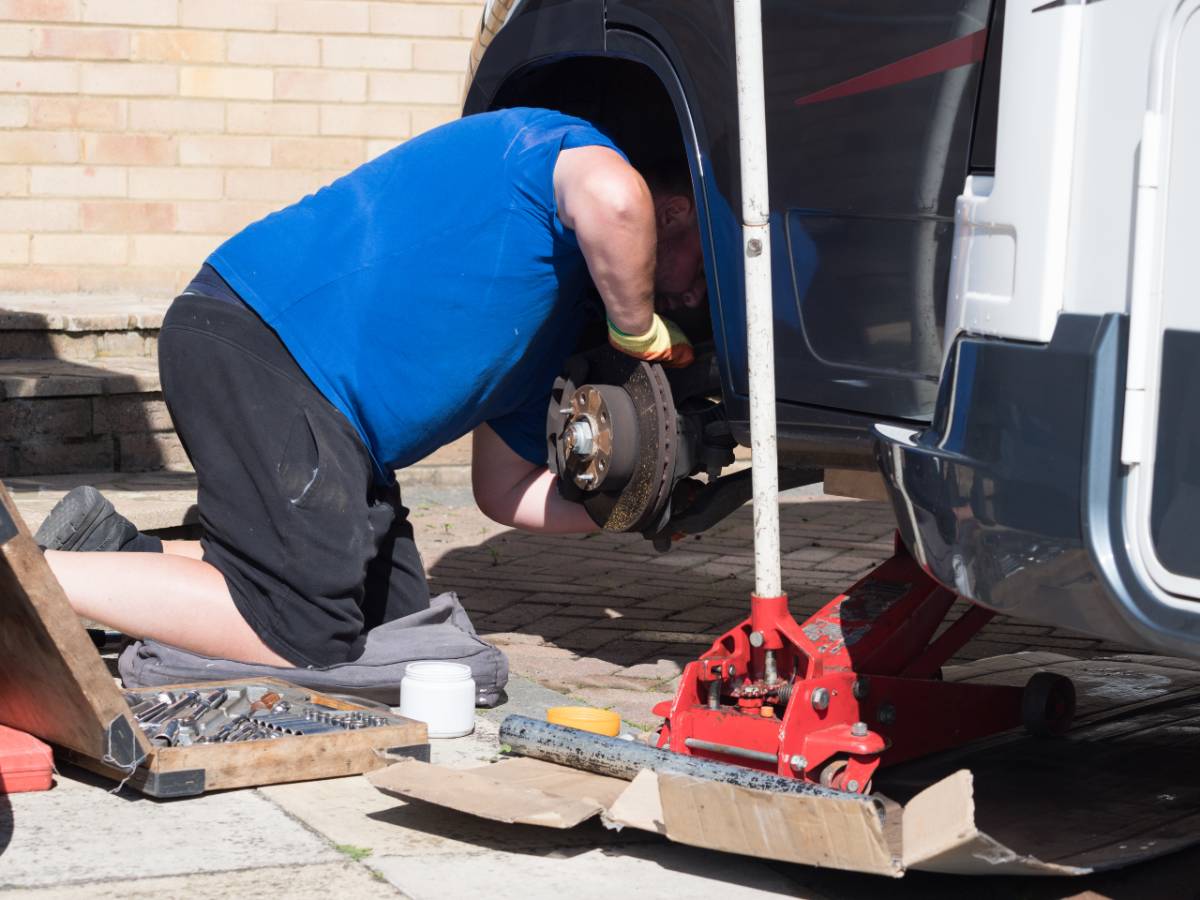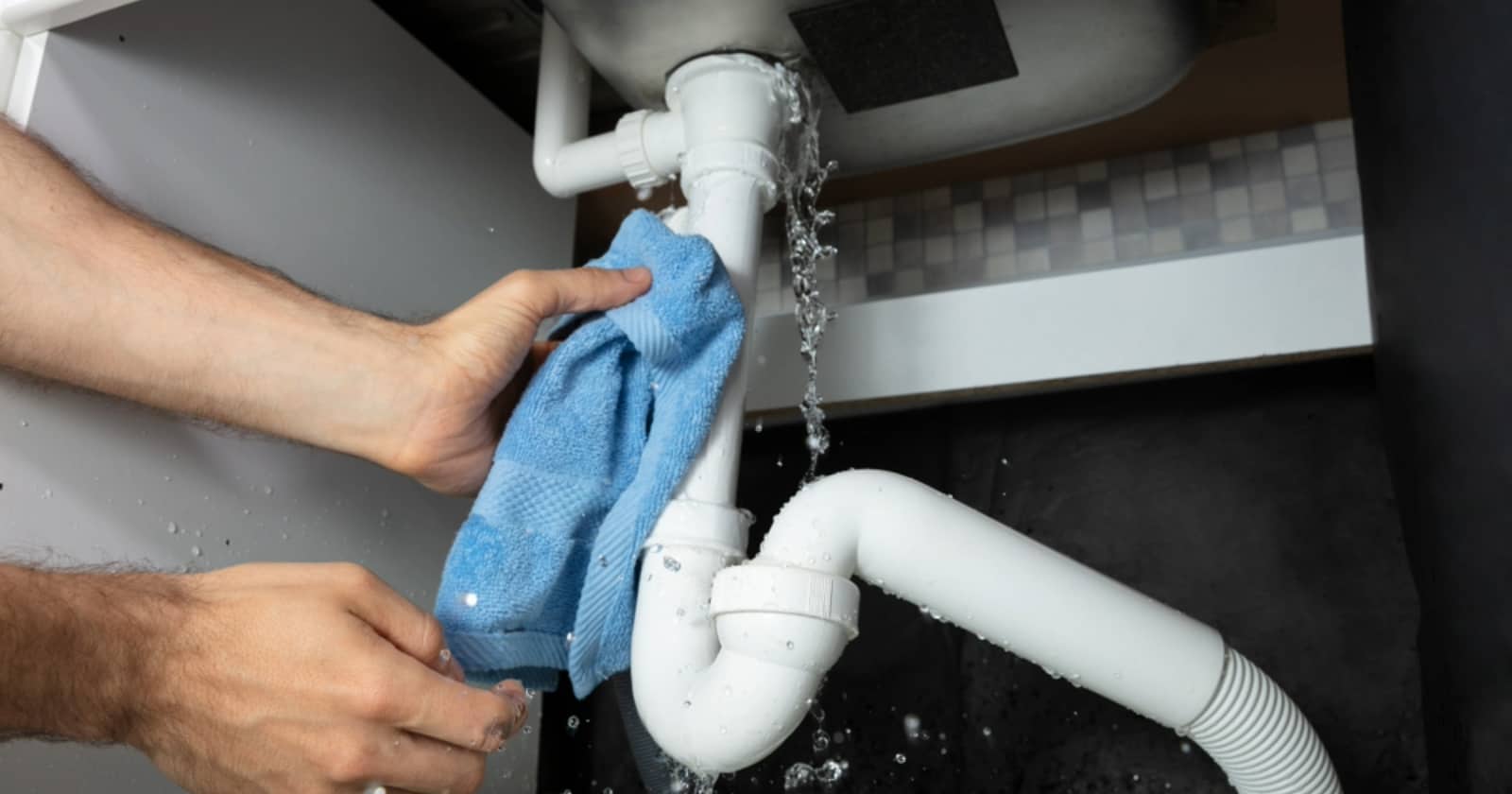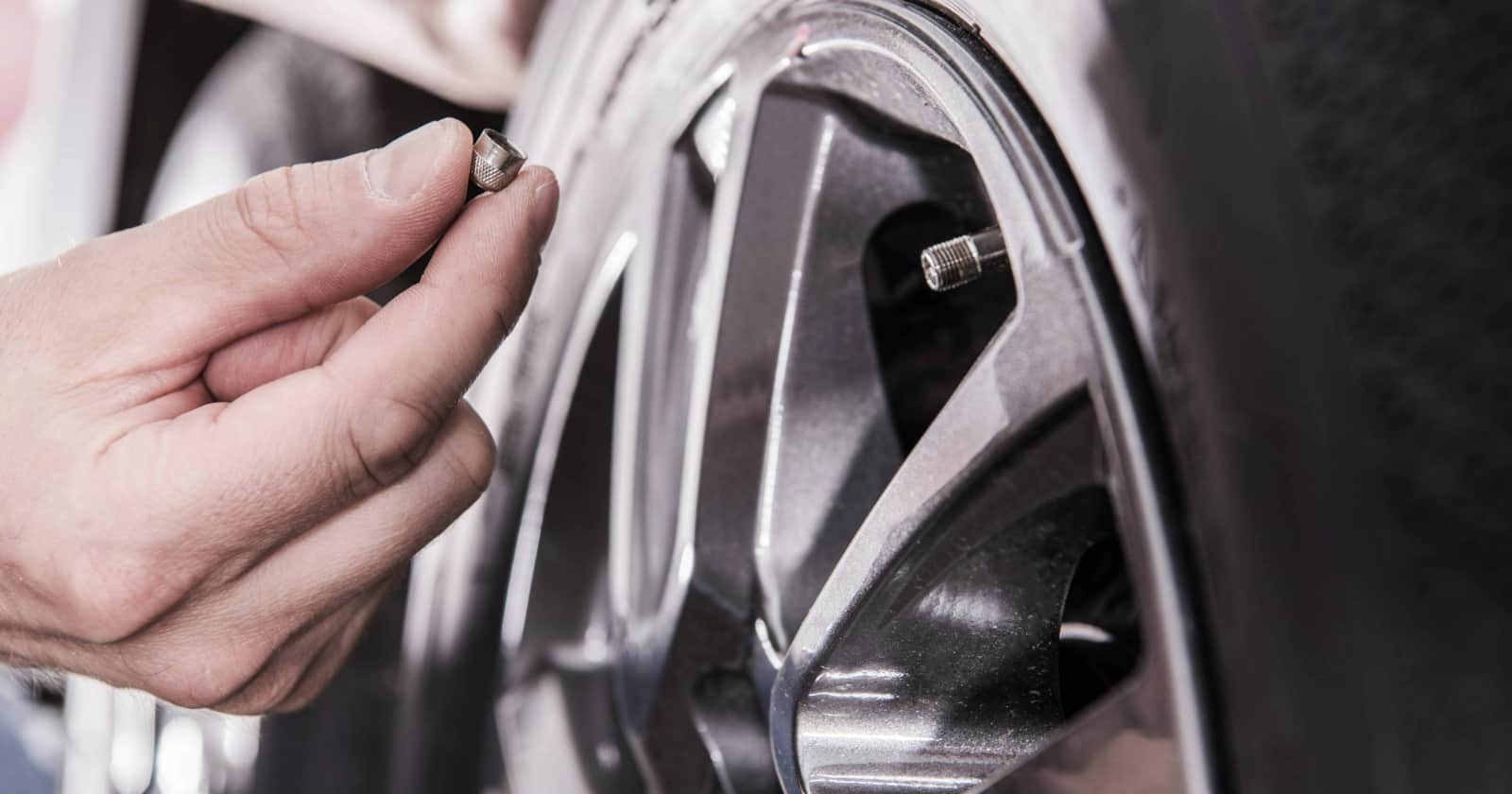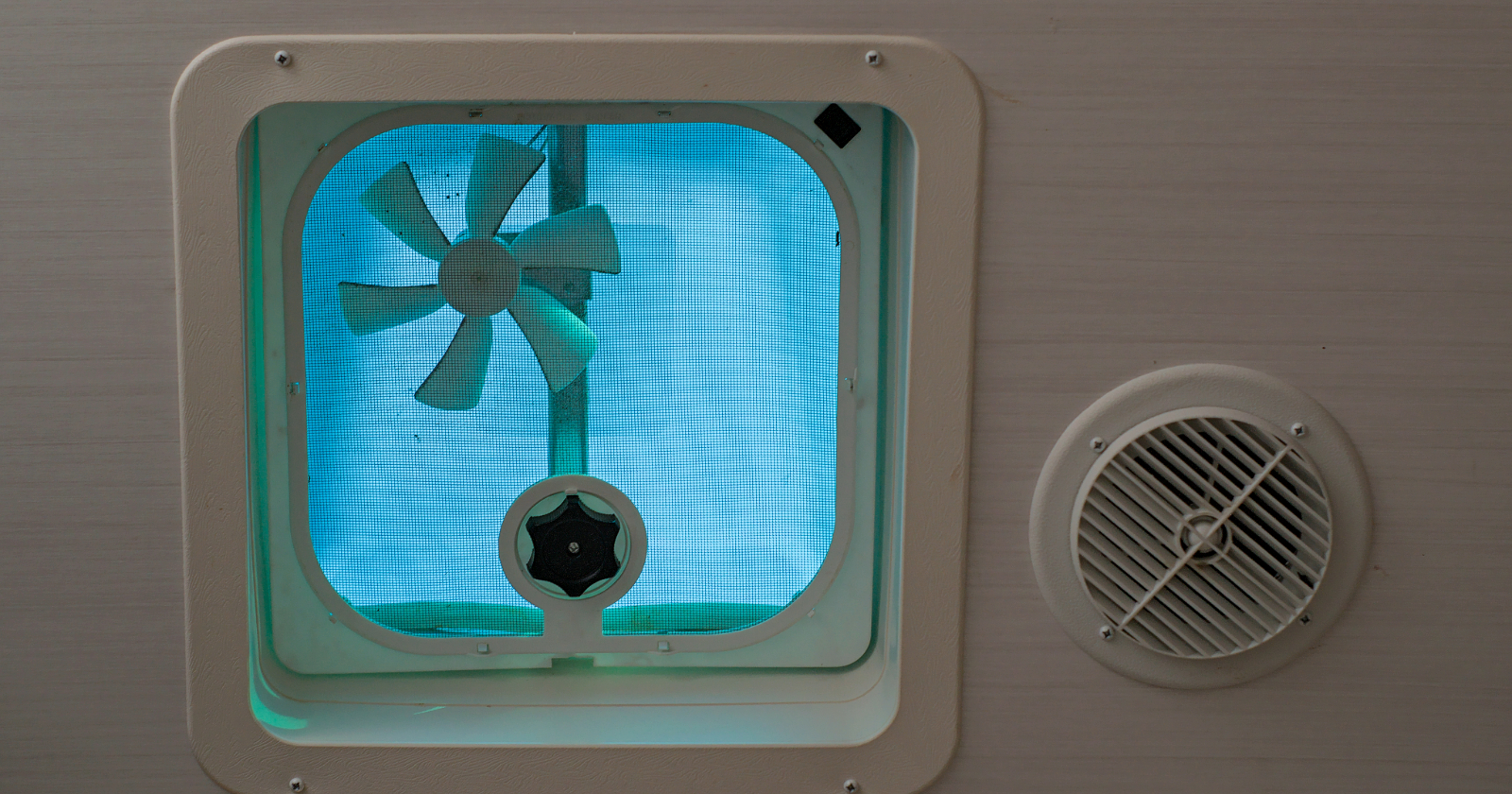
Are Your RV Brakes Squeaking? Here’s What To Do
One of the most important parts of any motorhome? The brakes. Therefore, you will want to take good care of your RV brakes by doing regular maintenance and addressing any issues such as brakes squeaking.
Of course, squeaky RV brakes are very annoying. In some cases, the fact that they’re annoying is the only real problem. However, squeaky brakes can also be a sign of other issues that need to be addressed.
In this article, we will talk about the various causes of RV brakes squeaking, as well as some potential fixes.
Cause #1: Dirt, debris, and rust
One of the most common causes of squeaking brakes on any vehicle is a buildup of dust, dirt, or rust. If you’ve been driving in sandy or dusty areas, there’s a good chance you have some debris hanging out in the brakes. Likewise, if you’ve been in especially wet areas, rust buildup is very likely.
The good news? In most cases, this problem is incredibly easy to solve. In case you haven’t guessed already, you can take care of RV brakes squeaking due to debris or rust by cleaning them.
Removing dirt and debris
In the case of dirt and debris, you can clean brake pads using the instructions in this video.
If you’re dealing with drum brakes (like those found on many trailers), a stiff brush and some brake cleaner should do the job.
Removing rust
If rust is the problem, you might be able to remove the rust by simply using the brakes. Drive the vehicle in stop-and-go traffic to remove superficial rust on the rotors, then check them. If that doesn’t work, you might find this video helpful.
Cause #2: Grease
Grease can end up on your trailer drum brakes when you grease the wheel bearings. It’s very easy to overshoot and get the grease into the area of your brakes. In this case, you’ll hear the brakes squeaking, and you might even experience some seizing. On top of that, driving with grease on your brakes is dangerous.
Unfortunately, removing grease from the drum brakes completely is not possible. For this reason, you will want to replace the brake shoes right away.
Cause #3: Moisture
Moisture is another potential cause of squeaky RV brakes. If you’ve been in a wet or humid place for awhile, this might just be your issue. Fortunately, moisture on your brakes isn’t really a problem.
All you’ll need to do in this case is wait for the brakes to dry out. Once they do, the squeaking sound should go away. If the sound doesn’t subside, there is probably another cause for the annoying brake noise.
Cause #4: Glazed Brake Pads
Sometimes brake shoes can develop a glaze that causes the brakes to squeal when applied. This can happen when the temperature of the pad exceeds the material’s max temperature rating. It’s possible to sand down glazed brake pads, but Goodyear recommends getting new pads if they are glazed. You can help prevent glazed brake pads by breaking new pads in (burnishing them).
To burnish your brakes and get rid of the glaze on them, you will want to follow these instructions from Freightliner’s Recreational Vehicle Chassis Operators’ Maintenance Manual:
1. In a safe area, make 10 sharp brake applications or “snubs”, slowing the vehicle from 40 to 20 mph using light (approximately 10 to 20 PSI) brake pressure.
2. Make 10 stops from 20 MPH using moderate (20 to 30 PSI) brake pressure.
3. Make 2 stops from 20 MPH using hard (full application of air pressure) brake applications.
Note: After the hard brake applications, it is normal to notice a hot brake odor.
4. Next, drive the vehicle approximately 5 to 7 miles allowing the brakes to cool, and then come to a stop.
Note: After performing the burnishing procedure, there should be no brake noise, and the brakes should have good stopping ability.
5. Inspect each wheel and ensure that there is no excessive end-play.
6. Inspect the brake adjusters and air chambers and ensure that the pushrods have a proper and equal stroke.
7. If the brakes pull the vehicle to one side or grab after the burnishing procedure, contact a Freightliner RV dealer for service.
Cause #5: Sticky Calipers
In the case of disc brakes, it is also possible that you’re hearing the brakes squeaking because of a sticky caliper. This issue is much less common and will likely present itself alongside other symptoms such as the vehicle pulling to one side, a brake pedal that stays down, leaking brake fluid, difficulty stopping, and even a burning smell.
If you determine that the issue is indeed a sticky caliper, you will want to address it right away by getting the caliper repaired or replaced by a mechanic as soon as you get to a place where that can be done.
Cause #6: Worn Brake Pads or Brake Shoes
Brake pads and brake shoes need to be replaced from time to time. This is a regular part of RV maintenance and should be on your list of things to check regularly.
If you have drum brakes, expect to replace your brake shoes every 30,000 to 40,000 miles. Those with disc brakes should budget to replace brake pads every 10,000 miles or so. That said, sometimes brake pads can last for many more miles. This depends on your driving style and where you tend to drive the RV.
If you hear your RV brakes squeaking, there is a good chance they are doing this because it’s time for the brake pads or brake shoes to be replaced. If this task is put off for too long, it can damage other parts of the brakes, making a small bit of maintenance much more expensive and difficult.
Track your RV maintenance
As you can see, there are several potential reasons for RV brakes squeaking. Obviously, you will want to look a bit closer at the issue and determine exactly what is making your squeaking noise so you can solve the problem sooner rather than later and ensure you and your family are safe on the road.
Make sure you keep track of all your RV maintenance and repairs with an online tool such as RV LIFE Maintenance. Not only can you keep all of your documents in one place, but you’ll also receive timely reminders when maintenance is due to help you avoid costly repairs and potentially serious accidents.
Related articles:



